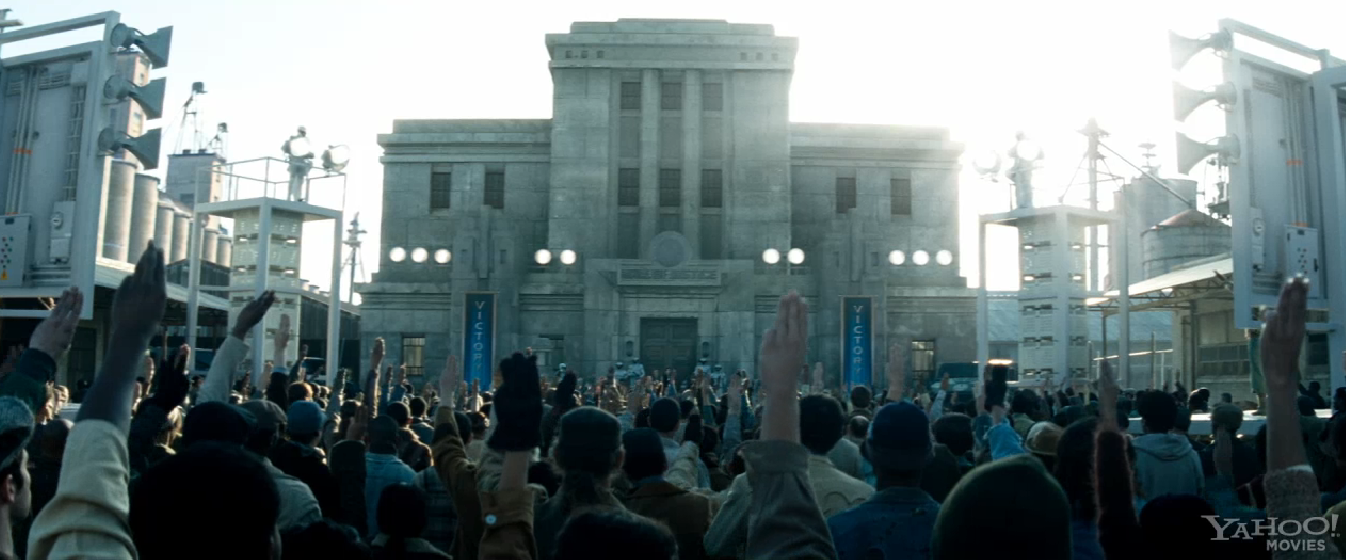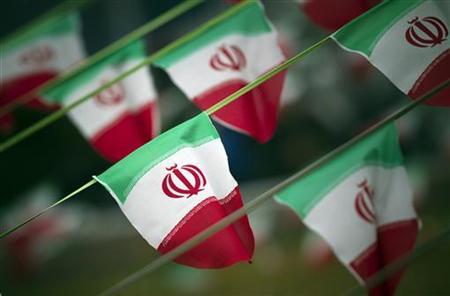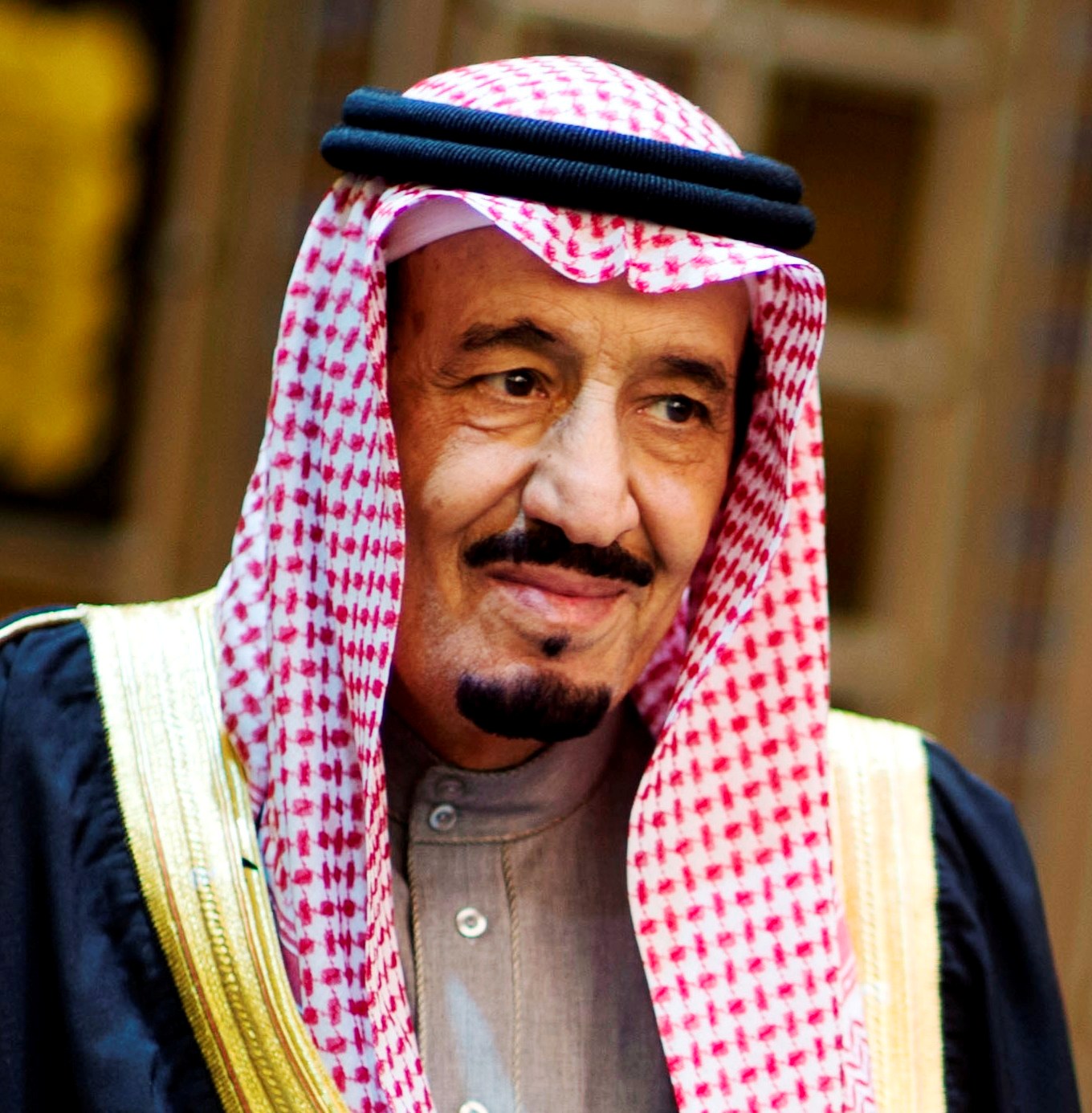 Thailand’s Prime Minister, Prayut Chan-O-Cha, is not a fan of The Hunger Games. The release of the highly anticipated film, called Mockingjay, has been adopted as a rallying symbol for political dissidents in the country. Five students were arrested last week after they flashed a salute inspired by the filmwhile Prayut was giving a speech. The students were detained for a few hours and they received what has been called an “attitude adjustment.” In response, a major Thai theater chain has stopped showing the film amid fears that its cinemas will become a venue for protestor gatherings.
Thailand’s Prime Minister, Prayut Chan-O-Cha, is not a fan of The Hunger Games. The release of the highly anticipated film, called Mockingjay, has been adopted as a rallying symbol for political dissidents in the country. Five students were arrested last week after they flashed a salute inspired by the filmwhile Prayut was giving a speech. The students were detained for a few hours and they received what has been called an “attitude adjustment.” In response, a major Thai theater chain has stopped showing the film amid fears that its cinemas will become a venue for protestor gatherings.
Finding parallels between The Hunger Games and the recently established Thai leadership is not an easy task. The Hollywood film series follows the story of a female heroine who wins a gruesome gladiator style national competition and subsequently seeks to overthrow the fictional nation’s Orwellian government known as The Capitol. The film series is far from unorthodox; it has all the trappings of a Hollywood box office blockbuster including a collection of handsome A-list actors, a hefty dose of special effects and a painfully cliché teenage love triangle.
Prime Minister Prayut rose to power after he waged a successful military coup in Thailand last May. Thus far his government has imposed a strict curfew, limited rights to public assembly and has been accused of detaining hundreds of academics, journalists and activists. Thai protesters have linked these policies with the oppressive regime featured in The Hunger Games series. Additionally, the pervasive three fingered salute is also rumoured to have been inspired by the French Revolution. Apparently it represents the historic slogan Liberty, Fraternity, Equality. Thus, the pop-culture savvy protestors seem to have adopted a hodgepodge of Western imagery for their revolutionary cause.
Government reactions to The Hunger Games have spread to China where the release of Mockingjay has been postponed indefinitely. It is unclear whether or not the censorship was motivated by the overtly political themes in the film. The delayed release could have been designed to increase revenues of domestically-produced films. This type of created market privilege is a common practice in China.
Francis Lawrence, the director of The Hunger Games films, has had a mixed reaction to the international political implications of the franchise. He has been quoted as stating “part of it is sort of thrilling, that something that happens in the movie can become a symbol for people, for freedom or protest”. He added that “when kids start getting arrested for it, it takes the thrill out of it, and it becomes much more dangerous, and it makes the feeling much more complex. When people are getting arrested for doing something from your movie, it’s troubling.”
Part of it is sort of thrilling, that something that happens in the movie can become a symbol for people, for freedom or protest.
Lawrence’s response seems appropriate given the situation. Citizens of western liberal democratic countries are often encouraged when foreign populations rise up in the name of liberty. However, public optimism inevitably turns to horror as tragedy and violence ensues. It is a guarantee that a Thai uprising will lack the romance of a The Hunger Games’ revolution.
It is also worth considering whether or not The Hunger Games franchise has been given too much credit in the case of Thailand. As previously mentioned, the film series is far from ground breaking. Thus, the real source of the protesters’ inspiration could be the transcendent idea of revolution, which in this instance just happens to be depicted by The Hunger Games. For example, hypothetically substitute the release of Mockingjay with the original Star Wars and the situation in Thailand might go unchanged, except in this scenario protesters might compare Prayut to Darth Vader instead of The Capitol. Certain powerful ideas and motifs, such as revolution, can inspire citizens internationally as long as they are released by a popular culture phenomenon at the right moment.




